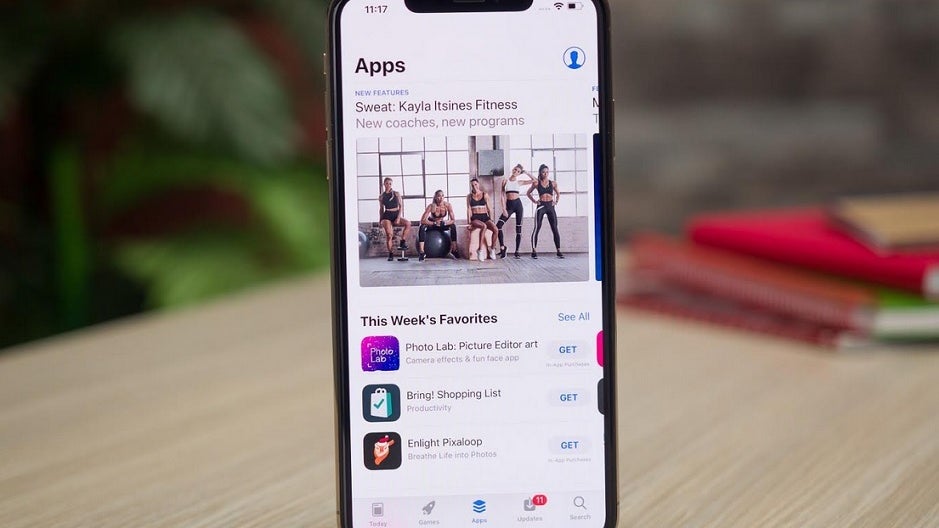Apple explains why the App Store is not a monopoly

Regulators in myriad countries including the U.S., those in the EU, and Australia have called the App Store a monopoly. A class action suit currently snaking its way through the U.S. court system accuses Apple of using this so-called monopoly power to price apps higher than they normally might cost. And at the bottom of all of this is the so-called Apple Tax, the 30% cut that Apple takes from many in-app payments. Google does this too, but a major difference prevents the Play Store from being called anti-competitive like the App Store.
Apple says that the App Store is not a monopoly thanks to web browsers
The difference is that users of Apple devices like the iPhone and iPad are not allowed to install apps from third-party app storefronts. That means that iOS and iPadOS users who want to install a certain app on their device must do so from the App Store and pay whatever the price is. Google, on the other hand, allows users to sideload apps which means that Android users can install software from third-party Android app storefronts like the Amazon appstore and in theory, they can shop around for a better price.

Apple says that the AppStore is not a Monopoly because of the internet
But as ZD Net notes, Apple has responded to the the Australian Competition & Consumer Commission (ACCC) rejecting the latter's claims that the App Store is the most dominant app marketplace. In a letter, Apple wrote, "Apple perceives and treats other distributors of apps, for platforms other than iOS, as significant competitors whose pricing and policies constrain Apple's ability to exercise power over developers." In other words, Apple says that iOS users have other alternatives when browsing for an app such as using a website. The tech giant adds that "Apple is not in a position to disregard the environment in which its app marketplace operates and does not accept the Commission's characterization of the Apple App Store as 'the most dominant app marketplace by a large margin'."
In its response, Apple notes that any action to make the App Store less attractive to users would be "economically irrational." As Apple says, "Indeed, Apple competes vigorously to attract the best developers because a reduction in the quality of apps, or restricted availability of popular apps in the App Store, would diminish the user experience. Any action undermining the popularity of the App Store — including impeding developers from being successful on the App Store — would be economically irrational, as this would destroy the value of the ecosystem to the detriment of consumers, app developers and Apple itself." So the company is claiming that even within the iOS ecosystem, users can obtain access to third-party apps via developer websites and other outlets that will allow these apps to be used on the iOS platform. Apple says that this is important "because of the competitive importance of providing developers with flexibility in competition with other operating platforms."
In discussing how a browser can be competition to the App Store, Apple said, "Web browsers are used not only as a distribution portal, but also as platforms themselves, hosting "progressive web applications" (PWAs) that eliminate the need to download a developer’s app through the App Store (or other means) at all. PWAs are increasingly available for and through mobile-based browsers and devices, including on iOS. PWAs are apps that are built using common web technology like HTML 5, but have the look, feel and functionality of a native app. They can even have an app icon that resides on the device home screen. Web apps are becoming increasingly popular. Companies such as Amazon, Google, Starbucks, Pinterest, Uber and the FT use web apps. Amazon, for example, has just launched its Luna mobile gaming service as a web app.2 Microsoft and Google are also launching gaming apps on iOS via web apps.3 The developer of the Telegram messaging app has also recently stated that it is working on a rich web app for iOS devices."
While Android users are allowed to sideload apps, the Google Play Store is still being examined by the ACCC over the amount and type of data that the platform collects from users.
Follow us on Google News













Things that are NOT allowed:
To help keep our community safe and free from spam, we apply temporary limits to newly created accounts: